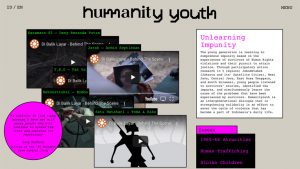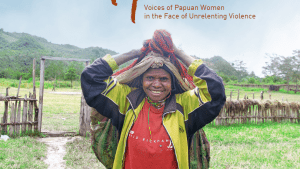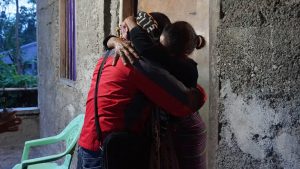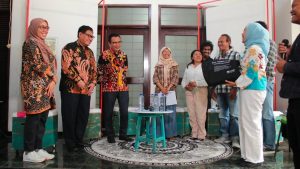Indonesia
Indonesia grapples with a persistent legacy of mass human rights violations and unresolved conflicts, including the 1965–66 massacres, military operations in Aceh and Papua, and the displacement of Timorese children during the occupation of Timor-Leste. Impunity remains deeply entrenched, compounded by contemporary rights violations by security forces, militarization, the shrinking of civic space, and corporate exploitation of natural resources detrimental to indigenous communities and the environment.
Nearly three decades post-reformasi, democratic backsliding jeopardizes past achievements. Legal and institutional reforms intended for accountability have been undermined by corruption, weak vetting, and political elites unwilling to address historical abuses. All trials for crimes against humanity have resulted in acquittals. A 2004 truth and reconciliation commission law was annulled two years later, and promises for local truth commissions in Papua (2001) and Aceh (2006) remain largely unfulfilled due to inadequate political support from the national government. While the TRC in Papua has not yet been established, the Aceh TRC report recommendations released in 2023 have not been responded to.
Under an increasingly authoritarian administration, victims face aging, poverty, and neglect, while new generations encounter repression, polarization, and environmental devastation. Expanding military involvement in civilian life, censorship, suppression of protest, civil disobedience, and restrictions on the press signify a deepening democratic crisis.
Despite these challenges, AJAR collaborates with civil society, youth groups, and networks in Indonesia to foster mutual learning and critically examine the ”missing link” between past impunity and ongoing national challenges. Our comprehensive approach integrates accountability, memory, healing, and intergenerational solidarity. AJAR programs in Indonesia range from support for the Aceh TRC, providing tools for youth at the community level across Indonesia, advocacy and assistance to Timorese stolen children who were involuntarily brought to Indonesia during the occupation, and continuing its support to current transitional justice efforts and community-based initiatives with survivors in Indonesia.
Priority Issues
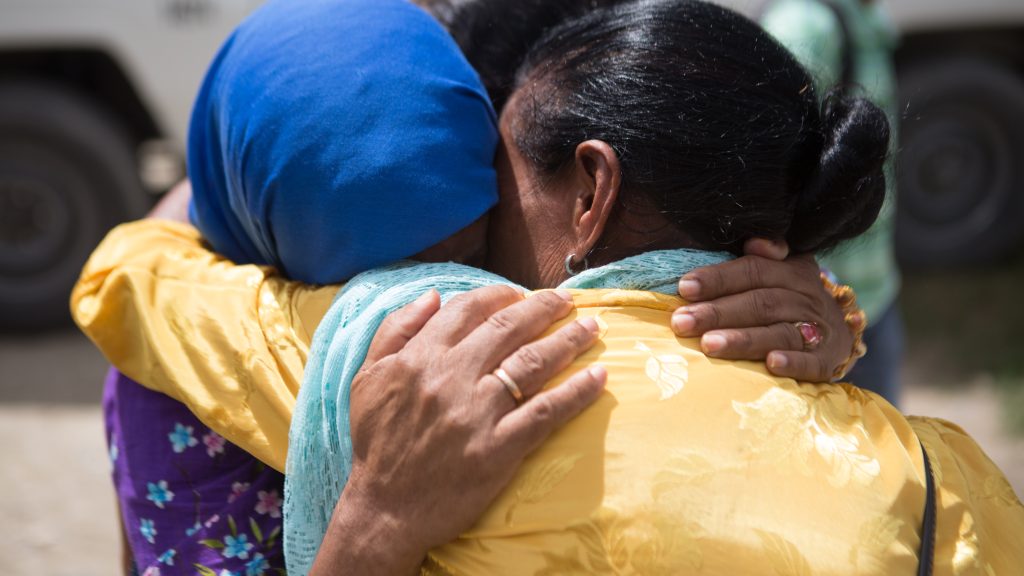
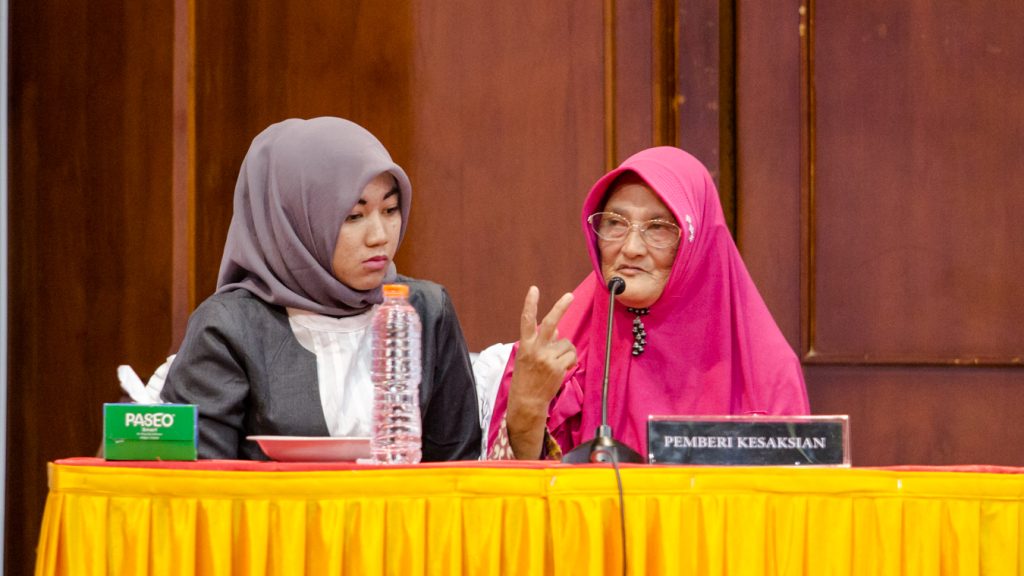
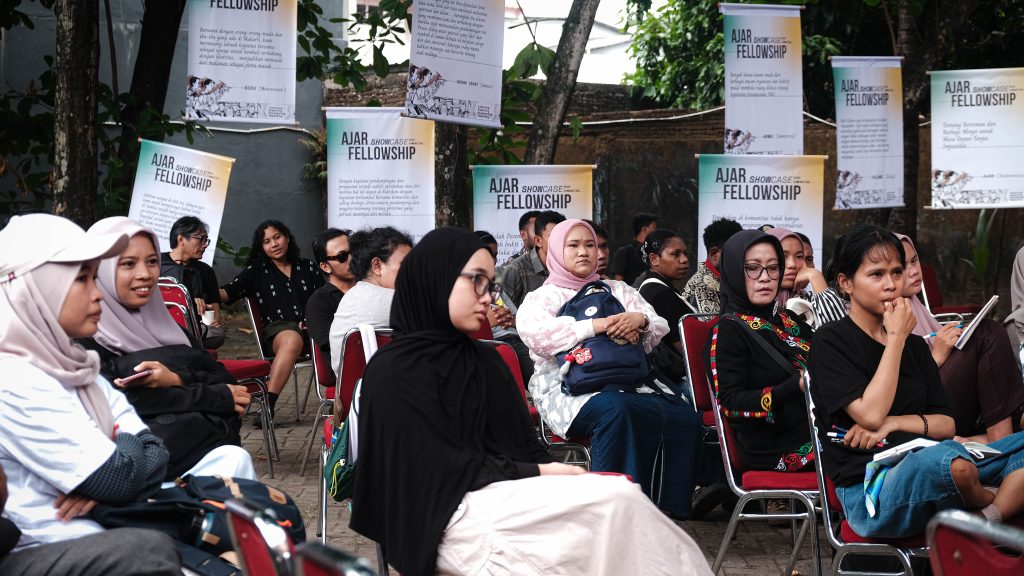
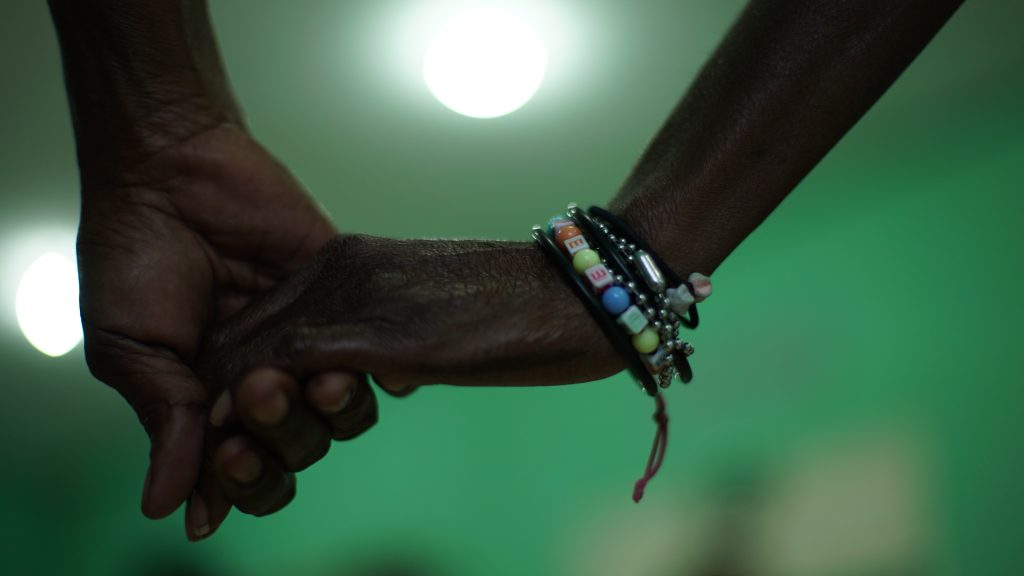
Our Program
Highlights of Programmes in the Past Year
Strengthening the Work of the Aceh Truth and Reconciliation Commission (Aceh TRC)
AJAR provided sustained technical assistance to the Aceh TRC, ensuring that victims’ voices remain central to its work. AJAR supported the dissemination of the TRC’s final report and advocated for the implementation of its reparation recommendations. In 2025, marking 20 years since the Aceh Peace Agreement, AJAR highlighted lessons from Aceh on truth, reparation, and peacebuilding for the broader Indonesian context. Through community-based documentation and initiatives, AJAR also strengthened local partners and women survivor groups to advocate for their rights and achieve economic empowerment through cooperatives.
Supporting Timorese Stolen Children and Family Reunifications
AJAR continued its long-term work to trace, identify, and reunite Timorese “stolen children” with their families. In partnership with survivor networks, AJAR facilitated cross-border dialogues, advocacy for state recognition, and psychosocial support to reconnect identities and restore family ties.
AJAR Fellowship: Unlearning Impunity and Fostering Intergenerational Dialogue
Through the AJAR Fellowship program, AJAR equips young people in more than 20 communities across Indonesia to challenge narratives of impunity. This initiative addresses the root causes of injustice, confronts contemporary issues of intolerance, discrimination, historical forgetting, trauma, and social stigma, and ultimately works towards communities free from violence.
Supporting Women’s Indigenous Livelihood in Papua
AJAR supports women, youth, and indigenous leaders to develop community-based documentation, healing, and protection models. This links environmental struggles to transitional justice by encompassing participatory action research, solidarity networks, and advocacy for bottom-up, culturally rooted development and climate justice.
Memory, Solidarity, and Advocacy with Victims’ Movements
In collaboration with the National Coalition for Truth and Justice (KKPK), AJAR supported victims’ groups to strengthen national advocacy for truth and reparations. The initiative built cross-regional networks and contributed to the creation of a regional hub for memory and justice learning.
Healing and Wellbeing for Women and Human Rights Defenders
Recognizing the psychological toll of long-term activism, AJAR facilitated retreats and wellbeing workshops across Indonesia. These spaces nurtured resilience, mutual care, and trauma healing among women survivors and defenders.
Preserving Historical Memory through Documentation
AJAR expanded its documentation of torture sites in Aceh and Pulau Buru, integrating survivor testimonies, archival materials, and youth-led digital storytelling to strengthen collective memory and advocacy for non-recurrence.
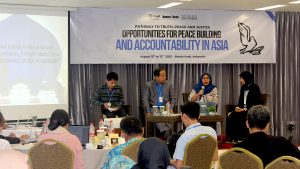
Regional: Commemorating Twenty Years of Peace in Aceh—Nurturing Peace, Preserving Memory, and Strengthening the Future
Banda Aceh, Indonesia, August 2025 - Twenty years have elapsed since the signing of the Helsinki Memorandum of Understanding (MoU)--the...
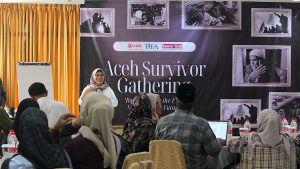
Indonesia: Commemorating Twenty Years of Peace in Aceh—A Reflection on Transitional Justice Mechanisms and Ongoing Challenges
Banda Aceh, Indonesia, August 2025 - From 10 to 17 August 2025, Asia Justice and Rights (AJAR) Indonesia program, KontraS...
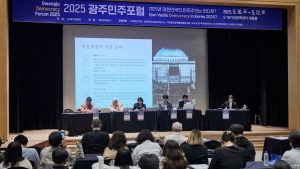
South Korea: AJAR Shares Reflection on the Past as Learning Democracy at the 2025 Gwangju Democracy Forum
Gwangju, South Korea, 18 May 2025 – AJAR Indonesia Program Deputy Manager, Emmanuella Kania Mamonto, joined as a panelist in...

Regional: Asia-Pacific Communities Showing the Way in Peacebuilding – Building Bridges, Not Just Treaties
Reconciliation agreements and grand ceremonies between warlords have not sealed the peace, as too many have found in post-conflict societies. ...

Indonesia: National Seminar on Collective Initiatives in Building Peace and Accountability
After 26 years of the Reform Era, Indonesia's democracy and culture of accountability have witnessed a troubling decline in civil...

Indonesia/Malaysia/Thailand: New Report from Rohingya Oral Histories Portrayed Urgent Need for Regional Action on Refugee Crisis
“When I looked up, I could only see the sky wherever I looked, and when I looked down, it was...

Indonesia: What We, Community Representatives, Learned through Attending Movies that Matter
This article is written by our friends Yedida Letedara and Crispianus Sebleku of Komunitas Film Kupang. Together, AJAR and the...

Indonesia: AJAR, Komunitas Film Kupang Showcase Documentary of Survivors Stories at Movies that Matter
1 April 2024, The Hague, The Netherlands — A selection of documentary film projects on human rights and social or...

Indonesia: AJAR, Aceh CSOs Launch Digital Map of Human Rights Violations Sites in Aceh
Aceh, Indonesia, 30 October 2023 — Asia Justice and Rights, in collaboration with three Aceh civil society organisations, have unveiled...
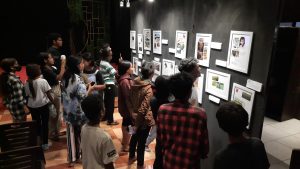
Indonesia: Anak Muda di Kamp Eks Timor Timur, Merajut Nasib pada Negeri yang Dijanjikan
Puluhan anak-anak muda eks Timor Timur di Kupang berkumpul dan dengan bangga menuturkan kisah hidup mereka dalam sebuah pameran karya...
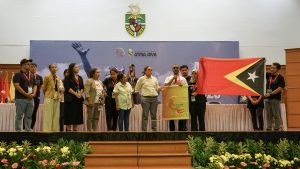
Indonesia: A Joint Call from People’s Forum to Reclaim Safe Space, Restore Democracy and Equity across ASEAN and Beyond
Asia Justice and Rights (AJAR) and civil society organisations of South-East Asia gathered together at Atma Jaya Catholic University, Jakarta,...

Indonesia: In Production, A Documentary of The Enduring Impact of Conflict, Trauma, and Silence across Generations
AJAR, in collaboration with filmmaker Manuel Alberto Maia, is proud to announce the production of a full-length documentary exploring the...
Resources

Half-Bodied Within: The Aceh Truth and Reconciliation Commission (Aceh TRC) and the Role of Civil Society Organisations in the Initial Period (2016-2021)
This research report examines the role of civil society organisations...
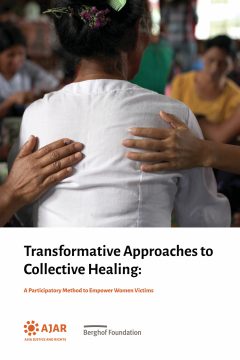
Transformative Approaches to Collective Healing: A Participatory Method to Empower Women Victims
How do communities move from surviving to healing after mass...
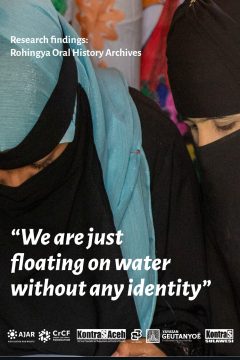
We are just floating on water without an identity: Fulfilling ASEAN’s mandate to protect Rohingya genocide survivors in their quest for rights and accountability
Since April 2023, Asia Justice and Rights (AJAR), in partnership...

Peulara Damèe: A Plain Guide
The full Findings Report of the Aceh Truth and Reconciliation...
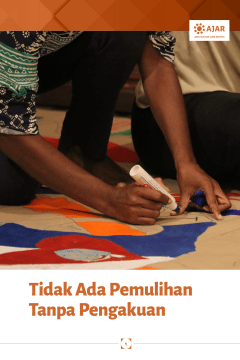
Tidak Ada Pemulihan tanpa Pengakuan
AJAR wrote this paper based on reflections from 18 survivors...
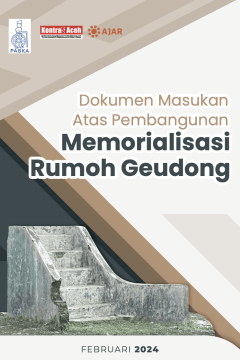
Dokumen Masukan atas Pembangunan Memorialisasi Rumoh Geudong
This document, authored by KontraS Aceh, PASKA Aceh, and AJAR,...

Mapping Commemorative Cultural Events, Best Practices, and Lessons Learned
PEMETAAN-BUDAYA-ACARA-PERINGATAN-...-ACEH-INDONESIADownload

Learning from the Past for the Future Without Impunity
Asia Justice and Rights, KontraS Sulawesi, SKPHAM Sulteng, JPIT, CIS...
